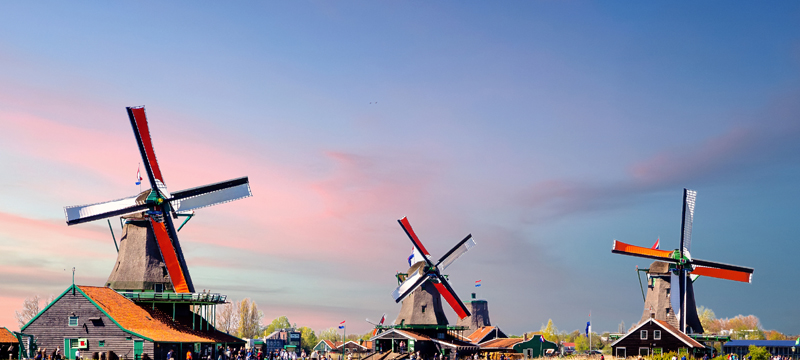
Dutch Govt legal advisors say no evidence conversion therapy ban is needed
The Parliament of the Netherlands is considering a Bill to ban ‘conversion therapy’.
The Bill aims to outlaw ‘acts aimed at changing or suppressing sexual orientation, gender identity or gender expression’.
The Government’s legal advisory body, the Council of State, has said the Bill should be dropped if a clear gap in existing legislation cannot be demonstrated.
It assessed whether or not the proposed Bill is “in accordance with fundamental rights”, “whether the proposal adds something to what can already be achieved with criminal law”, and “whether a new criminalization by the police and judicial authorities can be enforced”.
On each of these three points, the Bill falls short.
Already achieved in criminal law
The summary of the council’s advice states that those putting forward the ban “propose that only the more serious forms of conversion acts be made punishable. This raises the question of whether the suspect in that case is not already punishable under existing penal provisions, such as assault or coercion.
“The initiators do not give examples of conversion acts that are not yet punishable, but which in their view should be punishable. It is therefore unclear what the added value of the proposed penal provision is compared to existing penal provisions.”
It is inappropriate to bring in a new law if the activity it covers is already prohibited by other legislation. The same distinction applies in the UK. Many campaigners say they want a law which covers ‘torture’ or ‘degrading’ practices, but these are already rightly outlawed under the European Convention.
Likewise, a ban on ‘abusive’ or ‘coercive’ practices is unnecessary, as these are already illegal. No one has yet offered an example of abusive practices which are legally taking place in the UK.
The Dutch Council of State says it has also heard no evidence of practices which the new law will make illegal for the first time. It urges that an explanation of why the ban is needed must be put forwards. “If that is not possible, [the Council] advises that the proposal should not be further discussed by parliament”.
Enforcement
Another problem is the difficulty over practical enforcement of the Bill. As the Council of State explains, laws which are unenforceable can do more harm than good:
“Citizens' confidence in criminal law is damaged if criminal offences are not (or cannot be) enforced in practice.”
Though many want to use a new law to ‘send a signal’, that is an inappropriate use of the criminal law.
This is certainly also a problem with the sort of ban being demanded by activists in the UK. They say a law must necessarily be broad in scope, to capture a great range of activity they consider harmful. They specifically claim that such a law would have to cover even private prayer and casual conversations.
But such a sweeping law will inevitably lead to spurious accusations putting innocent Christians and parents through years-long investigations and court proceedings.
Not only would that mean innocent people’s lives being turned upside down at the behest of LGBT activists, but it would be an enormous waste of public resources. Our laws need to be well-defined and carefully thought-through so that our hard-pressed public services can act effectively and proportionally.
‘Sending a signal’ is a very dangerous use of legislation. Not only does it leave open the possibility of many unintended consequences, but it creates a vast chilling effect on citizens’ free speech. Many reasonably-minded people will be unwilling to discuss matters of sexuality or gender, simply out of fear that they will get in trouble for saying ‘the wrong thing’.
In accordance with fundamental rights
The Council of State considered the fundamental rights of Dutch citizens, particularly relating to the ability of adults to consent to some practices. It is unclear whether the law in England and Wales will allow for consent – the Government’s consultation in 2021 said it would. But the Scottish Government’s advisory group strongly opposes any provision for consent.
The Council of State explained that the guaranteed rights of citizens in the Netherlands limit what legislation in this area can do. In the UK it is also clear the sort of ban activists demand would undermine important human rights.
A law that outlawed prayers or church pastoral care would be a clear violation of the European Convention on Human Rights. In fact, independent legal advice in the UK shows that a ban could interfere with as many as four convention rights. Such a law would be swiftly challenged in the courts.
Lawmakers must heed the warnings from both within the UK and from abroad: proposals for a new law in this area are clearly flawed.
Aus Christians unite against extreme conversion therapy law
2025-12-10 12:15:40Majority of respondents oppose Scot Govt ‘conversion practices’ ban
2025-10-17 08:40:58
